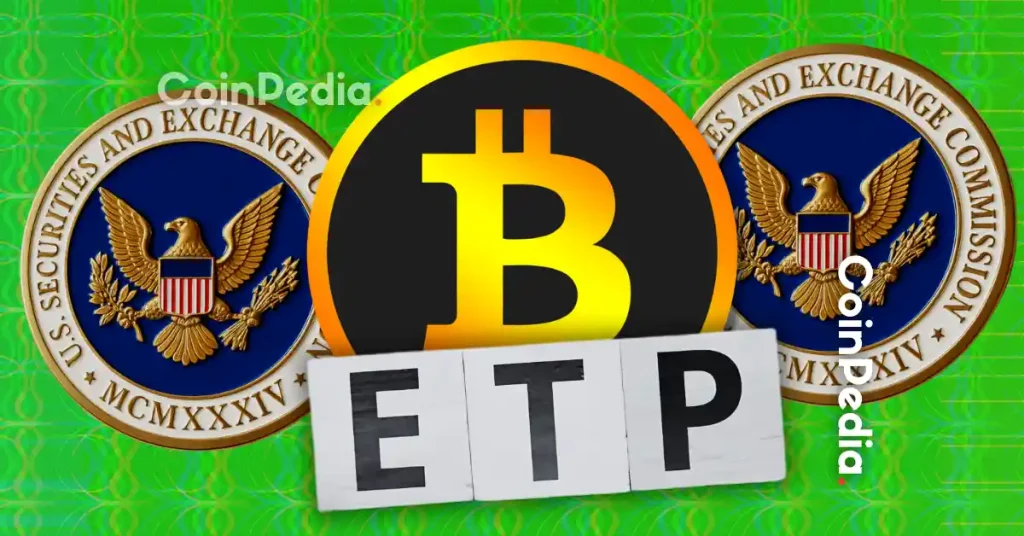Alternative Trading System (ATS)
An Alternative Trading System (ATS), as the name suggests, is a trading venue outside of regular brokers and exchanges of financial instruments like stocks, bonds, and cryptocurrencies. ATS is not within the reach of regular citizens; only high-volume trades happen through these platforms, and they are discreet. This article will cover everything you need to know about ATS.
What is an Alternative Trading System (ATS)
We trade stocks and crypto through registered brokers and crypto exchanges that are transparent, have operational standards and strict regulations controlling and monitoring the conduct of their users. ATS or Alternative Trading Systems are different from these regular platforms; these are electronic trading platforms that act like broker-dealers, bypassing strict regulations set by national stock exchanges and providing anonymity to their users. These do operate under the SEC regulations and, thereby, are required to meet certain requirements. This platform allows institutional traders to make large trades without affecting the regular market through “Dark Pools”. This is criticized by many for their lack of transparency and unfair advantage over the rest, just like High Frequency Trading (HFT). It is called ATS in the U.S and Canada, and for Europeans, they are referred to as Multilateral Trading Facilities.
How Does ATS Work?
Alternative Trading Systems are regulated by the SEC, and just like any other trading exchanges, they work by matching buy and sell orders. Investors can place their orders, and these are then matched based on their price. These trades are then reported to the regulators; the difference comes in transparency. They are not required to publicly display these buy-sell orders, providing a discreet platform for institutional investors. They pull this off by registering as a Broker-Dealer rather than an exchange. ATS makes money by charging fees and commissions for transactions made on the platform.
Difference Between an Exchange and an Alternative Trading System
An exchange is a heavily regulated platform with rules governing everything from registering a user, trading securities, to closing an account. These are transparent platforms where real-time buy orders and sell orders are made visible to the public, which governs the price changes. You can only trade stocks and shares that are publicly listed on this platform.
An ATS, on the other hand, provides trades both on listed and unlisted securities while keeping it discreet. They have dark pools, which are huge bulks of shares traded that are discreet to the public. Hedge funds use these pools to prevent other investors from buying in advance. These are legal but not transparent. ATS also facilitates OTC (Over-The-Counter) trades; these securities are not listed on the exchange, and the transactions usually happen between the parties directly.
Alternative Trading Platforms
Here are some of the popular ATS trading platforms:
- Liquidnet
- Instinet
- Bloomberg Tradebook
- BIDS Trading
Pros and Cons of Alternative Trading Systems
ATS provides liquidity outside the market for large institutional traders. Provides lower transaction costs and anonymity. The trades happening outside the regular exchange prevent large movements in the price. ATS also facilitates faster execution and extended trading hours.
The major disadvantage of this platform is the lack of transparency compared to national exchanges and other traditional trading platforms. Since the public is not involved in the market, liquidity is low compared to other exchanges. The lack of transparency could result in market manipulation.
Final Thoughts
Alternative Trading Solutions are required for large financial institutions like hedge funds to make bulk trades without affecting the regular exchanges. The less regulated grounds may lead to market manipulation by big players. Retail traders have no access to these platforms. There are moves by the SEC to make ATS more transparent, as it has led to more regulatory scrutiny. In general, ATS is where big players make transactions that are not known to the rest. Unlike traditional exchanges, unlisted shares and OTC securities are also traded here. ATS is expanded to grow as technology evolves; some crypto exchanges have started operating like ATS.
The post Alternative Trading System (ATS) appeared first on BiteMyCoin.
You May Also Like

House Judiciary Rejects Vote To Subpoena Banks CEOs For Epstein Case

Pi Network Price Prediction; PI Coin Set For A Breakout As Investors Searching For The Next 100x Crypto Buy LBRETT
